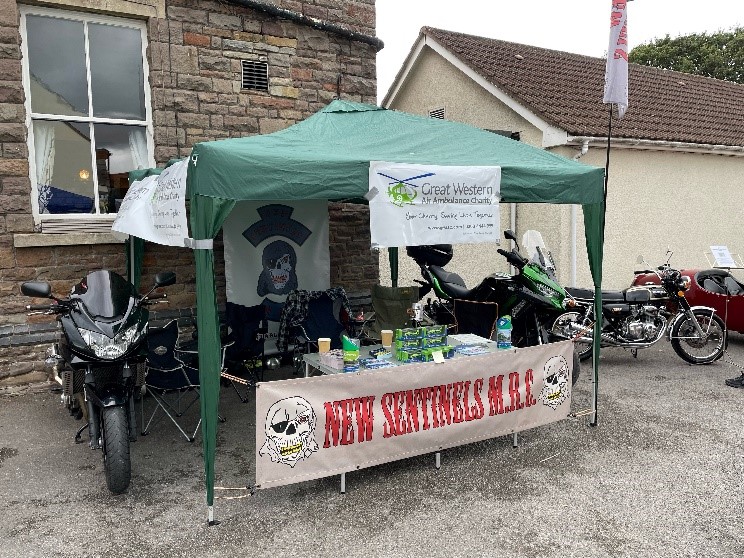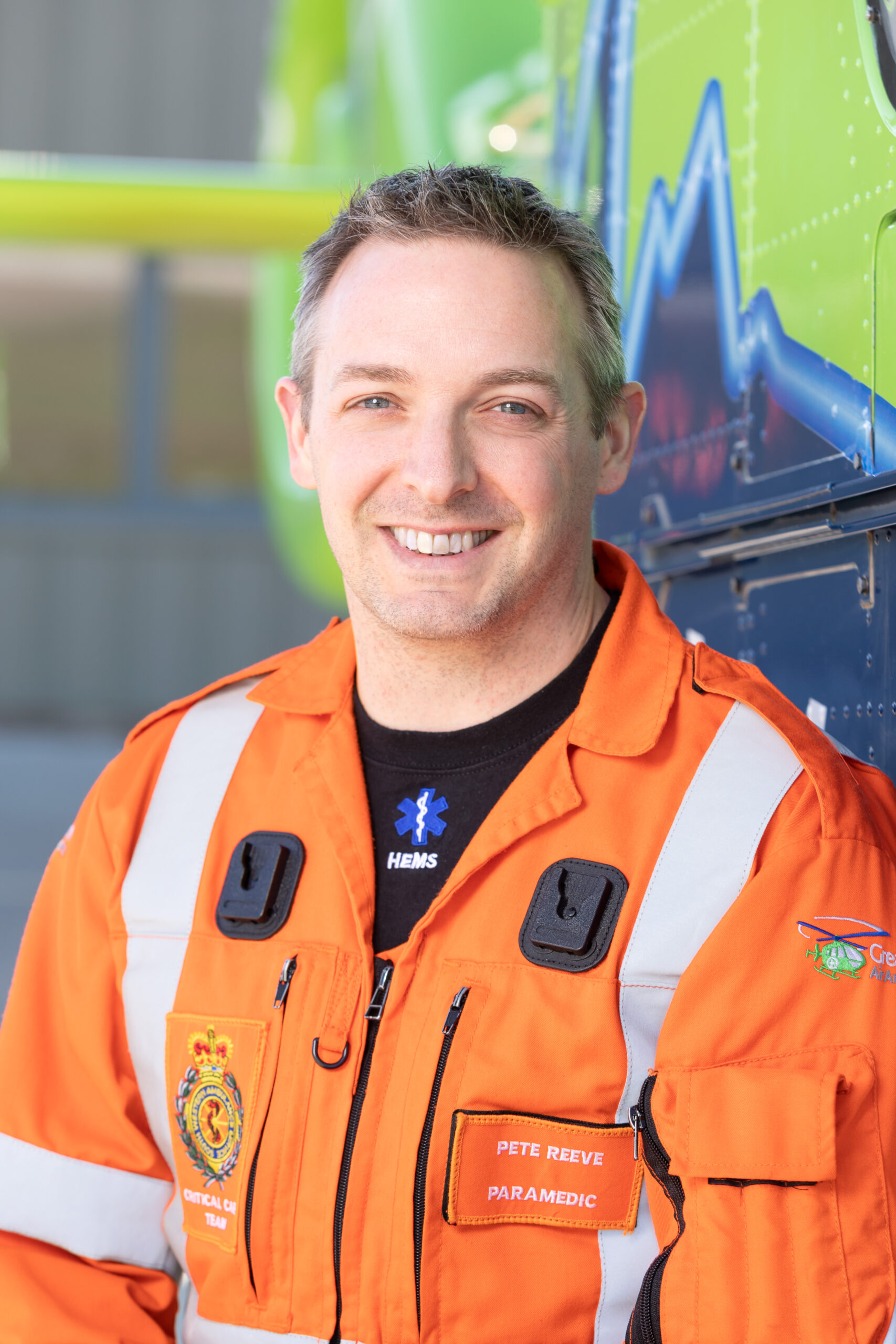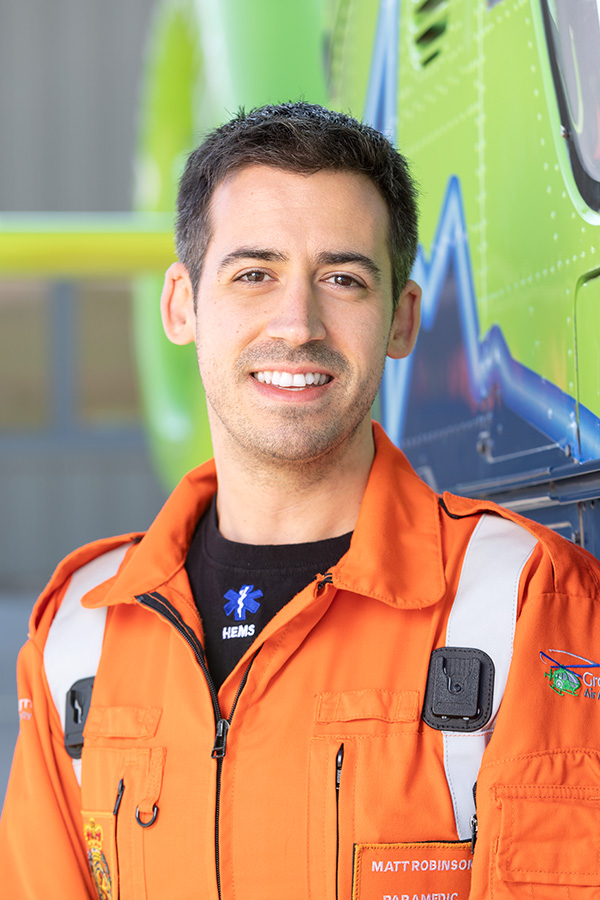
New Sentinels M.R.C raise over £800 for GWAAC at Nailsea International Bike Show
September 30, 2022
GWAAC’s Symposium 2022
October 11, 2022You may have already heard about our local impact on innovative clinical pre-hospital critical care. But you may not know that we share our knowledge nationally and internationally where we can.
We are in the process of building a collaborative relationship with the Norwegian Air Ambulance Foundation. Recently, Great Western Air Ambulance Charity (GWAAC) was invited to train National Search and Rescue (SAR) teams in Norway.
As part of this relationship, we support a training company called SAFER — an independent foundation and simulation centre. SAFER was established in 2006 and is a collaboration between Stavanger University Hospital (SUS), The University of Stavanger (UiS), and Laerdal Medical AS (LMAS). Our role within this program is to help with the critical care components within their training course.
About the training
From 7 June to 9 June 2022, two of our Specialist Paramedics in Critical Care (SPCCs), Pete Reeve and Matt Robinson, volunteered to give facilitated scenario training to North Sea Oil Rig Nurses and Winchmen Paramedics. Impressively, they trained over 15 people between them, successfully sharing vital critical care knowledge internationally.
Pete and Matt have both previously worked within the Hazardous Areas Response Team (HART). HART is a branch of the ambulance service in which paramedics are trained to go into the ‘hot zone’ of incidents. This involves working in high-risk environments, including chemicals, heights and major incident responses. Having completed previous experience in rope rescue, they were well placed to use their critical care skills and experience to assist with the SAFER training exercise.
Pete and Matt joined two days of simulation training to help with difficult airway training and facilitate some scenario training.
They ran a session on airway management and surgical skills and were involved in helping with the simulations. Matt ran a medical incident scenario on an elevated rig alongside a rope rescue technician where they simulated a medical incident that involved climbing across platforms. And Pete ran a scenario that involved a casualty from an explosion in the confined space of an engine room.
About the trainees
Oil Rig Nurses are very experienced; many have a background in Intensive Care and anesthesia. The nurses deal with everything from blisters to medical emergencies.
Many of these nurses have been on oil rigs for years and are used to working on their own; oil rig medics are required to manage an array of clinical presentations. The majority of their practice is minor injury and illness, but they must also have the skill and expertise to manage critically ill and injured patients in a remote setting.
Because they don’t have to perform these skills regularly, the annual training we provide helps to refresh their knowledge and technical skills for such difficult incidents; it ensures that if the worst happens, the nurses are ready to respond.
With many of the nurses having an Intensive Care Unit (ICU) background, SPCC Pete Reeve said: “When dealing with a critically ill patient, we noticed they moved to intubation very quickly. One thing we tried to teach them was that you don’t need to move to intubation so quickly, that other skills can be considered such as difficult airway training.”
Reflections on the training
SPCC Matt Robinson, said: “We had lots of positive feedback from the airway sessions. They’re all quite knowledgeable medics but the training gave them context and experience of using their skills in a practical session — knowing how and when to apply them — which they found very valuable and useful.”
On plans for the future, Matt said: “It’s the Intention to keep going back on an annual basis, to deliver more focused training now we know what they need. Work will start in September to build next year’s program and we would like to help build the training program in advance.”

SPCC, Pete Reeve
They’re all quite knowledgeable medics but the training gave them context and experience of using their skills in a practical session — knowing how and when to apply them — which they found very valuable and useful.

SPCC, Matt Robinson



